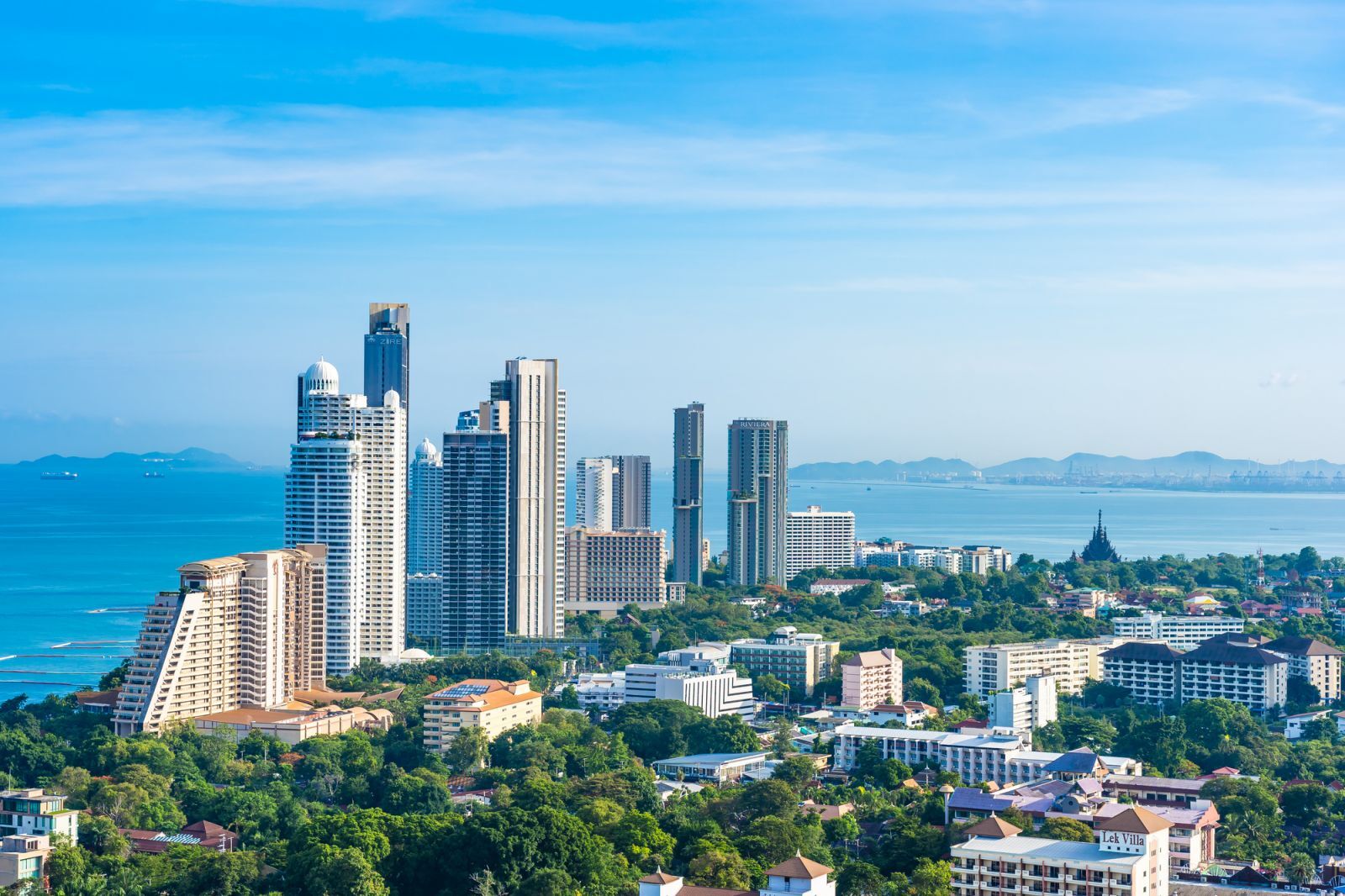Concerned about the slowdown in Thailand’s economy due to the ongoing trade war between the US and China and the aftermath of the recent massive earthquake in Myanmar, three key real estate associations – TCA, TREA and HBA – are urging the government to introduce additional stimulus measures to support the housing sector and boost buyer confidence. They fear that external pressures and the natural disaster could negatively impact residential property sales in the second quarter, as potential buyers tend to postpone purchase decisions amid economic uncertainty.
Despite the Finance Ministry’s moves to ease lending conditions and reduce fees, industry representatives believe that stronger support is needed to revive the property market from the third quarter onwards to offset the expected decline in sales and property transfers.
The trade war between the US and other countries, as feared by HBA President Sunthorn Sataporn, is having a direct impact on construction costs. The weakening of the national currency, the baht, caused by trade tensions is increasing the cost of importing building materials and equipment from the US. This, in turn, will inevitably lead to higher house prices, which, combined with general economic uncertainty, could discourage potential buyers.
It is estimated that the cost of building condominiums could increase by 3-5%, partly due to the need to meet new seismic standards. In response to these challenges, the TCA, led by Prasert Taedullayasathit, is calling on the government to introduce broader incentives and attract foreign investment, proposing to raise the price cap on housing eligible for preferential terms, and to consider adjusting interest rates by commercial banks. It is also proposed to allow tax deductions on mortgage interest payments. To ensure a long-term recovery in the property market, the TCA proposes extending lease periods for foreign nationals to 60 years, establishing a government-backed fund to help low- and middle-income buyers, and developing long-term development strategies such as building medical complexes to attract foreign investors.
He concluded by stressing the need for both immediate and strategic long-term policy measures to restore confidence and drive sustainable growth in Thailand's property market.
Despite the Finance Ministry’s moves to ease lending conditions and reduce fees, industry representatives believe that stronger support is needed to revive the property market from the third quarter onwards to offset the expected decline in sales and property transfers.
The trade war between the US and other countries, as feared by HBA President Sunthorn Sataporn, is having a direct impact on construction costs. The weakening of the national currency, the baht, caused by trade tensions is increasing the cost of importing building materials and equipment from the US. This, in turn, will inevitably lead to higher house prices, which, combined with general economic uncertainty, could discourage potential buyers.
It is estimated that the cost of building condominiums could increase by 3-5%, partly due to the need to meet new seismic standards. In response to these challenges, the TCA, led by Prasert Taedullayasathit, is calling on the government to introduce broader incentives and attract foreign investment, proposing to raise the price cap on housing eligible for preferential terms, and to consider adjusting interest rates by commercial banks. It is also proposed to allow tax deductions on mortgage interest payments. To ensure a long-term recovery in the property market, the TCA proposes extending lease periods for foreign nationals to 60 years, establishing a government-backed fund to help low- and middle-income buyers, and developing long-term development strategies such as building medical complexes to attract foreign investors.
He concluded by stressing the need for both immediate and strategic long-term policy measures to restore confidence and drive sustainable growth in Thailand's property market.
